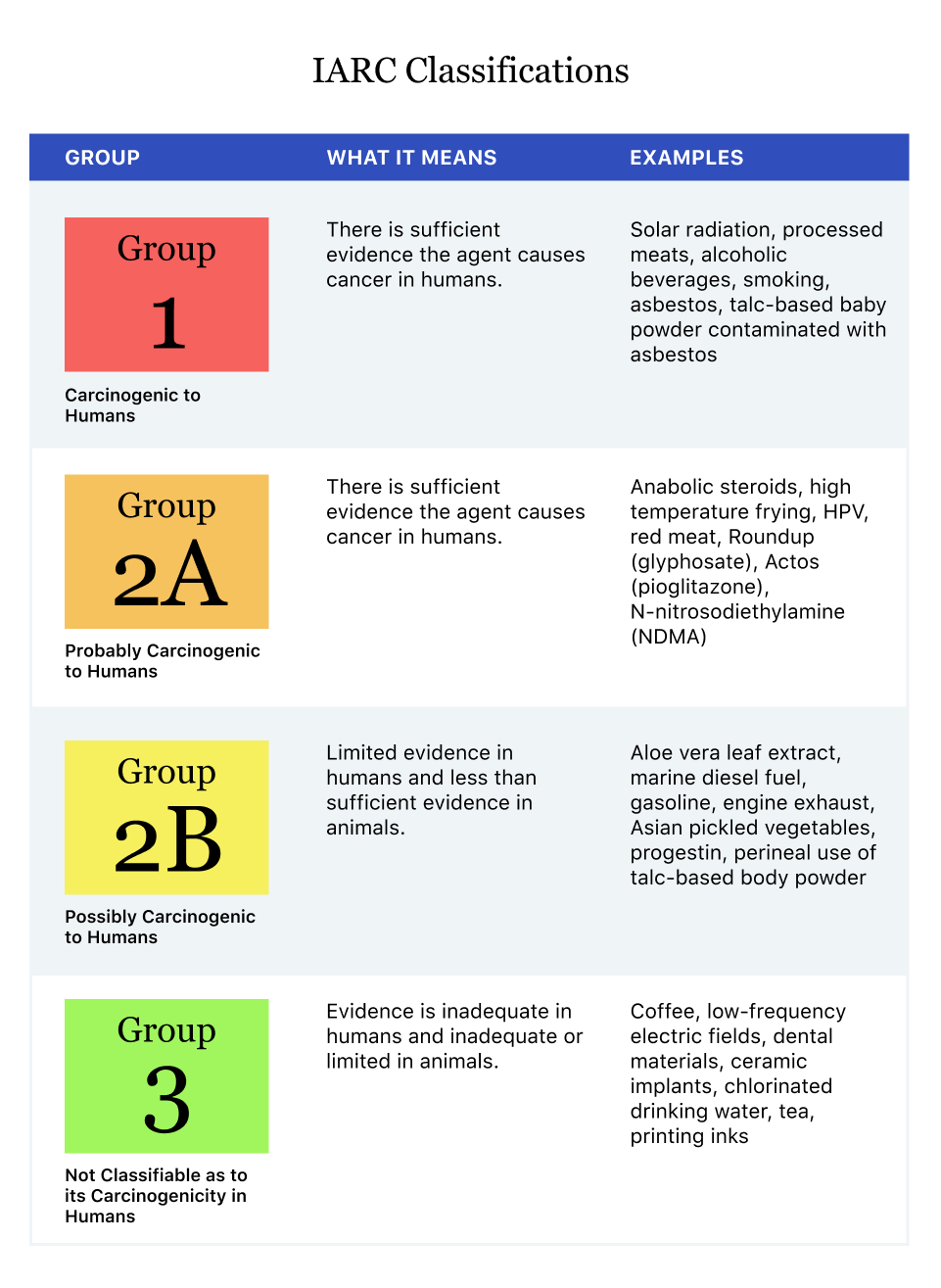Carcinogen

Carcinogens: Understanding Their Role in Cancer Development
A carcinogen is any substance, organism, or agent capable of causing cancer. Carcinogens can be broadly categorized into chemical, physical, and biological agents. They work by interacting with a cell‘s DNA, leading to mutations that disrupt normal cellular processes, ultimately resulting in uncontrolled cell growth and tumor formation.
Types of Carcinogens
- Chemical Carcinogens:
Include synthetic chemicals like polycyclic aromatic hydrocarbons (PAHs) and heterocyclic aromatic amines, which are often found in tobacco smoke and cooked foods. - Physical Carcinogens:
Examples include ionizing radiation (e.g., X-rays) and non-ionizing radiation (e.g., ultraviolet light). - Biological Carcinogens:
Certain viruses and bacteria can cause cancer. For instance, the human papillomavirus (HPV) is linked to cervical cancer.
Mechanisms of Action
Carcinogens can be classified as genotoxic or non-genotoxic based on their mode of action:
- Genotoxic Carcinogens: Directly damage DNA, leading to mutations. Examples include ionizing radiation and alkylating agents.
- Non-Genotoxic Carcinogens: Do not directly damage DNA but can lead to cancer through other mechanisms, such as promoting cell division or suppressing immune responses.
Common Carcinogens
- Tobacco Smoke: Contains numerous carcinogens, including PAHs and nitrosamines.
- Asbestos: Known for causing lung cancer and mesothelioma.
- Ultraviolet Radiation: Increases the risk of skin cancer.
- Processed Meat: Classified as a carcinogen by the International Agency for Research on Cancer (IARC).
Conclusion
Carcinogens play a significant role in cancer development by inducing DNA mutations and disrupting cellular processes. Understanding these substances is crucial for reducing exposure and preventing cancer.
Consult with Our Team of Experts Now!
At DrStemCellsThailand‘s Anti-Aging and Regenerative Medicine Center of Thailand, we emphasize comprehensive evaluations and personalized treatment plans of Cellular Therapy and Stem Cells for managing health conditions. If you have questions about carcinogens or would like more information on our services related to cancer prevention, consult with our experts today!
Consult with Our Team of Experts Now!
References
- Wikipedia: Carcinogen
Discusses the definition and types of carcinogens. - National Human Genome Research Institute: Carcinogen
Provides an overview of carcinogens and their sources. - Britannica: Carcinogen
Highlights the mechanisms by which carcinogens cause cancer. - American Cancer Society: Determining if Something Is a Carcinogen
Explains how carcinogens are identified and classified. - European Commission: Carcinogenicity
Discusses the classification and mechanisms of carcinogens. - Healthline: What Is a Carcinogen?
Offers insights into how carcinogens cause cancer and ways to protect against them. - International Labour Organization: Carcinogenicity Definitions
Provides definitions and classification criteria for carcinogens. - Cleveland Clinic: Carcinogens
Lists common carcinogens and their effects.















